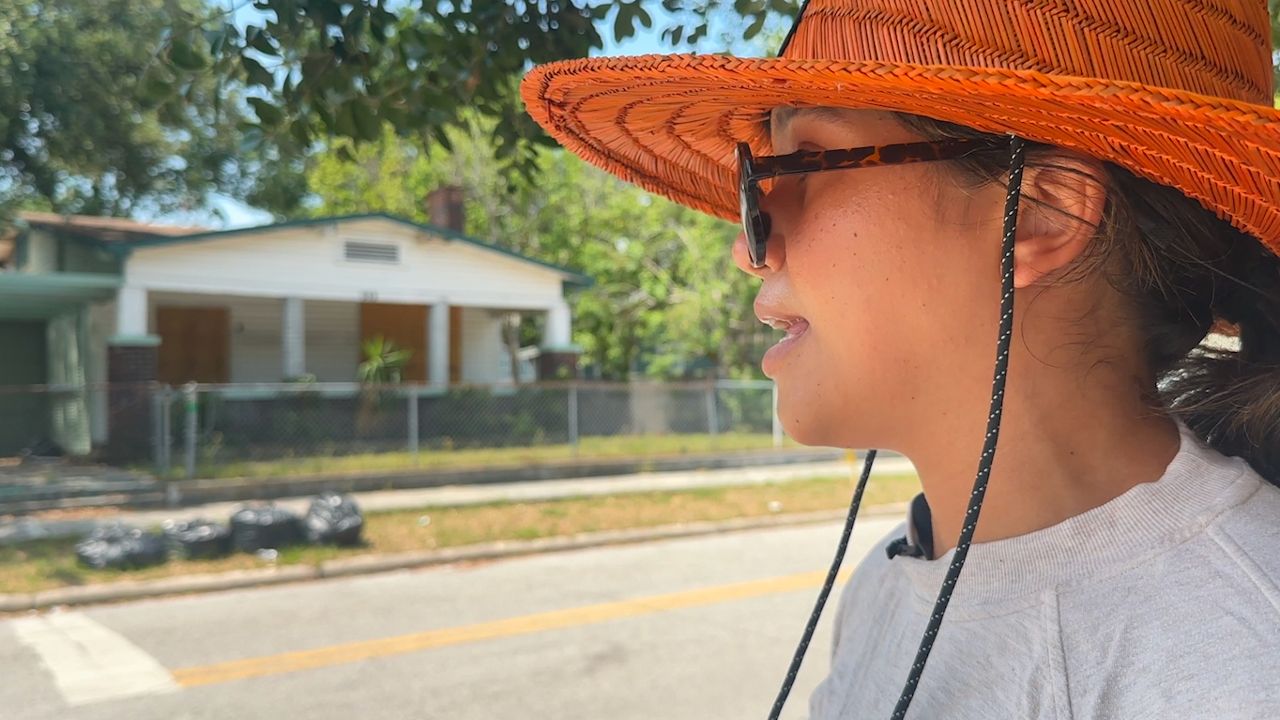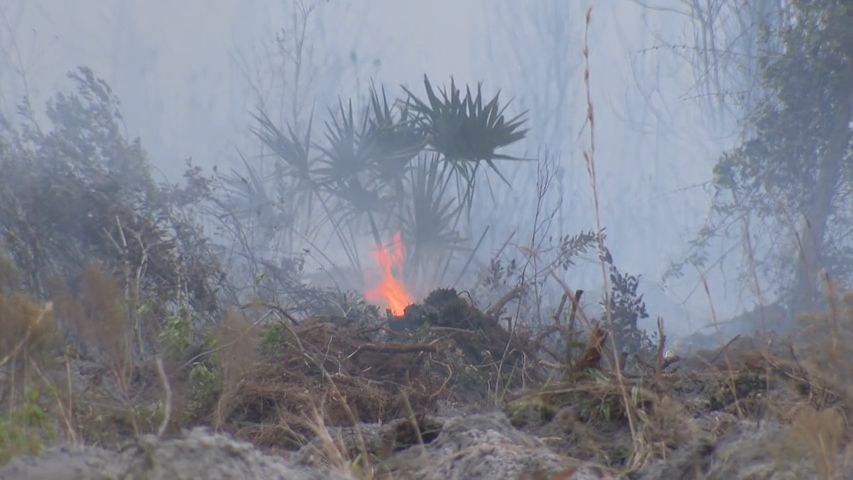TAMPA, Fla. — Casa Chiapas has been a staple in the Tampa community since 2011, helping immigrants from Mexico build a life in the U.S.
Now, as immigration policies in the state continue to change, the organization says that mission to educate its community hasn’t changed.
Cielo Gomez, an immigrant that came to the U.S. in 2005, says north Tampa is home to a large indigenous population.
"They start to work as immigrants, and it was the case of the Chiapas immigrants that came to Tampa many years ago," she said.
She was one of the few immigrants that knew Spanish and English, for most that came over, they only spoke Tzotzil.
The language barrier is what led Gomez to open Casa Chiapas in 2011. The group does a lot to support the community.
“We teach English computer skills, literacy in Spanish, literacy in Mayan,” she said.
Education was at the center of Gomez's life. She graduated with her master’s degree in 2023, a degree that took her seven years to complete, taking one class per semester.
A degree that’s led her to a path to help others.
"I got my education and I’m still educating," Gomez said.
She says Casa Chiapas' focus is to educate. Part of what they do is host workshops to teach the community about their worker and civil rights. Especially now, during what she says is a time of uncertainty.
“All the laws that are going on, even if it’s only a rumor. They are afraid of everything,” Gomez said.
Gomez says those impacts are being felt here. Some of the courses they offer can start with about 25 people, and by the end, only eight people will be left in a class.
While the future may be uncertain, there’s one thing that is certain: Casa Chiapas will continue being a hub of information and help to the indigenous community in Tampa.
“It makes me feel proud of where I come from and what I have achieved so far,” Gomez said.
She’s helping pave the way for more indigenous people to continue preserving their culture for generations to come.
Every weekend, the organization hosts a basketball tournament to welcome more people to learn about their culture.









